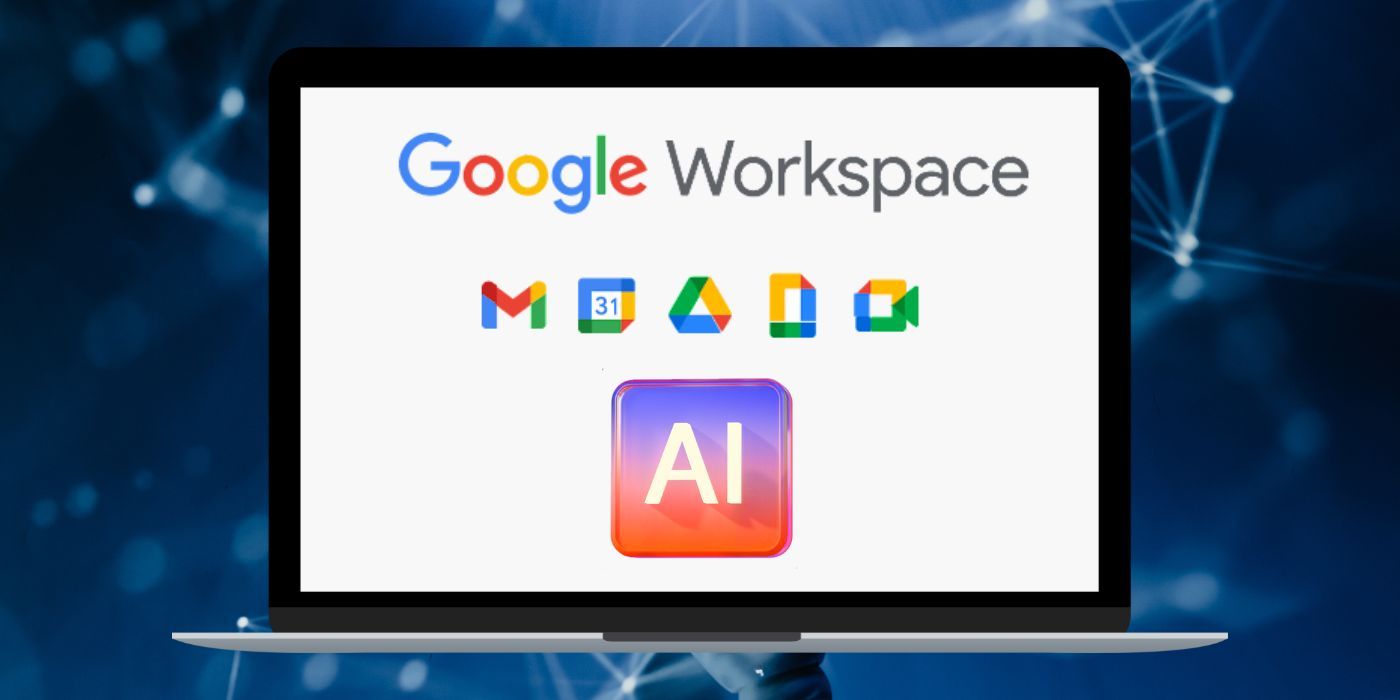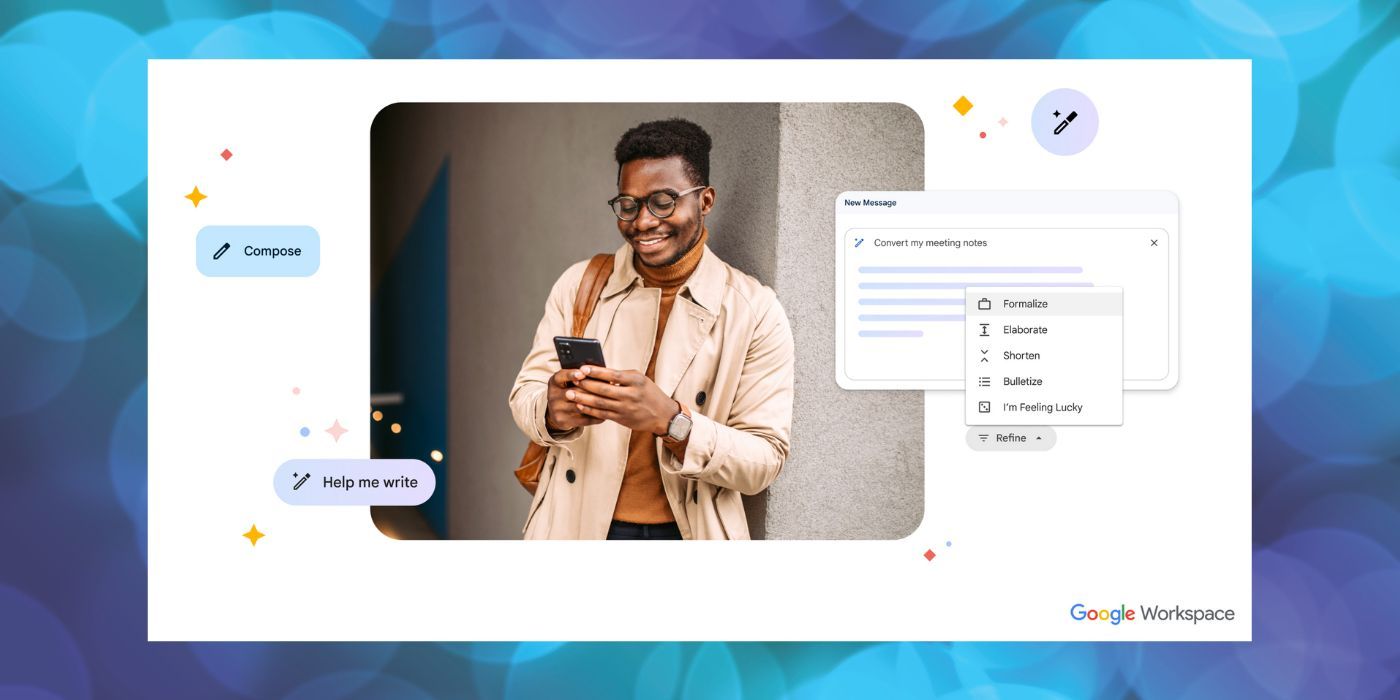Google's Workspace apps like Gmail, Docs, Sheets, and Slides are getting AI features to automatically write drafts and generate images. In the race to integrate AI technology into their products and services, Google is trying to catch up with Microsoft. The latter has already released a series of AI-based tools in its products and services like AI integration with Bing, Edge browser, Office 365, and Windows 11.
Google recently announced that it will be introducing AI-powered writing features to Docs and Gmail as a part of its machine-learning expansion into Workspace apps. It will also bring generative AI experiences to Slides, Sheets, Meet, and Chat apps for tasks like image and video creation, data analysis, and note-taking. The features are available to a few beta testers and will soon get a public release. Users will be able to draft, reply, summarize, and prioritize their emails with generative AI tools in Gmail. Additionally, users can also auto-create drafts with key inputs in Docs and then proofread and rewrite the draft.
Google’s Generative AI: Concerns & Consequences
Users can create a draft to reply to an email in Gmail or a topic in Docs with simple key inputs using the AI-powered writing tool by clicking on the wand icon or the ‘help me write’ button. They can further refine or edit the draft with more suggestions by selecting specific sentences. Users can also change the tonality and writing style with more rewrite options like ‘Formalize’, ‘Elaborate’, ‘Shorten’, and ‘Bulletize,’ until it matches their preferences. Additionally, users can completely depend on AI-powered writing, with Google providing an 'I'm feeling lucky' option to generate entire drafts.
As useful as this may seem at first glance, this heavy reliance on AI-powered writing is a source of worry. It could potentially affect content creation jobs like copywriters, HR, PR, designers, and others. The integration of generative AI with one of the world's most popular document-writing apps has the potential to result in a variety of job displacements.
Since ChatGPT was released in November of last year, thousands of people have signed up for the service, with many more on the waiting list. Users have been creating academic essays, poems, thesis reports, and other text-based content with AI-powered tools. However, the inherent risks can’t be ignored. AI technology is still in its initial stage and produces unreliable content. It often provides unrelated and inaccurate facts for the given input, resulting in the spread of misinformation.
AI-generated text also has the potential to promote bias since it depends on the algorithms and training data, which could result in discrimination and misinformation. In the case of Gmail and other Google products, Google has access to lots of personal information that might now become a part of the AI’s training data, leading to potential privacy and data breaches. While not worrying about writing emails is great, Google and every other company that is jumping on the AI bandwagon has a lot of concerns to address first.
Source: Google


